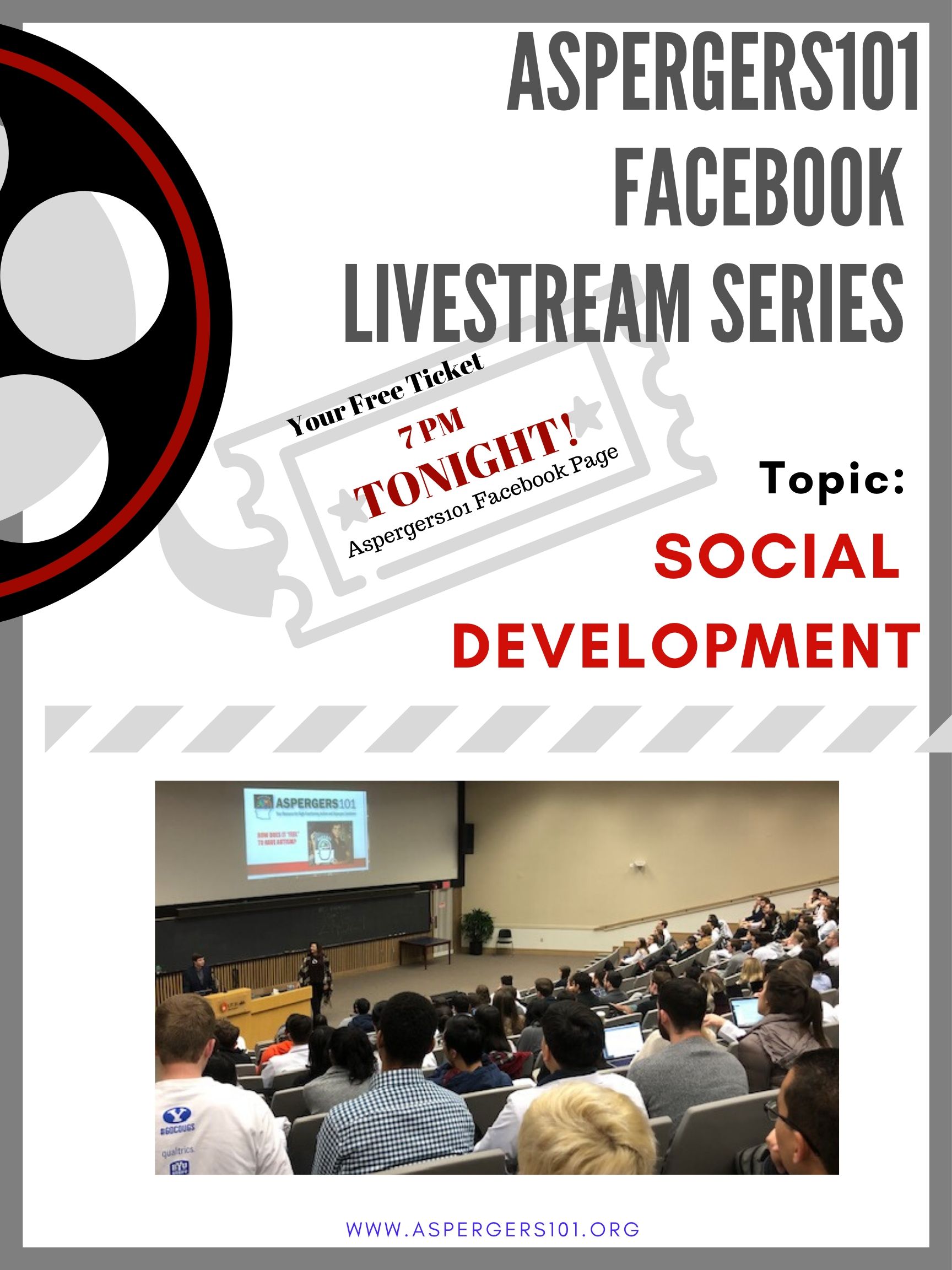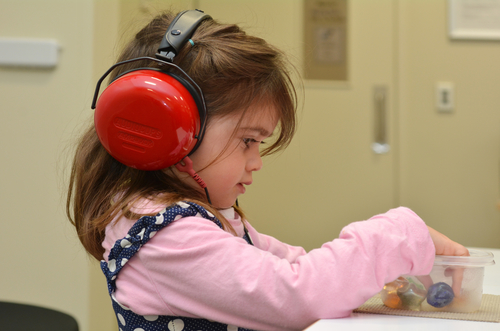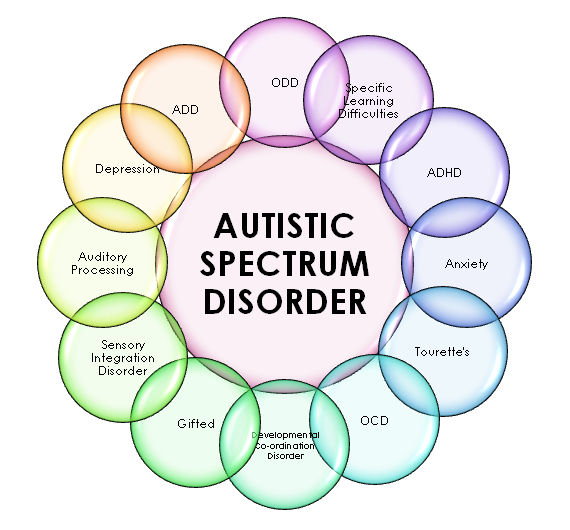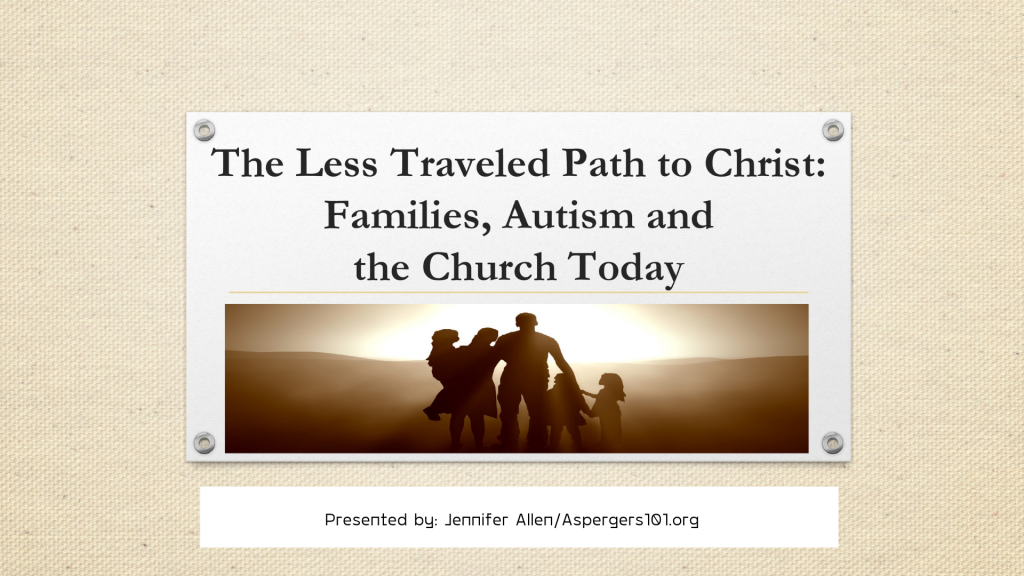Tonight! Social Development
Join Aspergers101 on Facebook for Livestream Series
There are many services available to help children with AS develop their skills and become more successful. Social skill groups, pragmatic speech and language therapy, occupational therapy, and special education services may all play a role in meeting the needs of your child. Guest speaker, Dr. Louise O’Donnell from UT Health Science Center, shares valuable insights into the autistic brain and offer solutions at every stage of a persons life when challenged with social integration. Host(s) Jennifer and Samuel Allen (Aspergers101) discuss effective strategies to teach social skills and address behavior are as varied and diverse as the unique individuals who make up the AS population and lead a panel of experts into the topic at programs end. (pre-recorded/runtime 1:31:00)

There are no fee(s) to join us…see you on Aspergers101 Facebook tonight at 7p! (CST)
A graduate of Abilene Christian University, Jennifer had a long career in TV Broadcasting. Upon learning her oldest son Sam had a form of Autism called Asperger’s Syndrome, she left her career and became a full-time mother to both of her sons. Jennifer elicited the participation of her family and together they produced several independent programs including a children’s animated series titled Ameriquest Kids, as well as a documentary and book titled, Coping to Excelling: Solutions for School-age Children Diagnosed with High-Functioning Autism or Aspergers Syndrome. She formed the nonprofit Asperger101 to provide on-going free resources related to ASD at Aspergers101.com and has implemented the Texas Driving with Disability Program and continues to grow the statewide initiative today. She and her husband have recently retired to their property in the Texas Hill Country.















